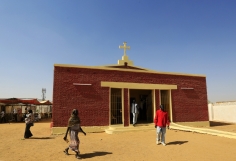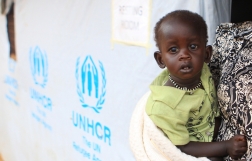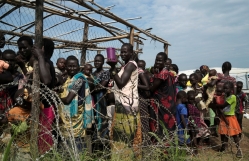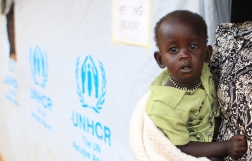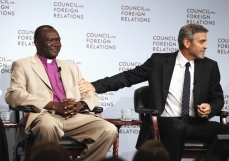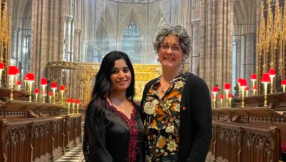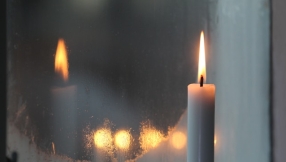Returning from a land smouldering in ethnic violence may not be an option at all for an ordinary man—especially if that man has already experienced the horrors of prison and what it's like to face death in that country.
But William Levi is no ordinary man. He is a dedicated Christian missionary who is on a noble mission to rebuild South Sudan, his war-torn homeland—one family, and one village at a time, according to CBN News.
Levi was 18 years old when he came face to face with Islamic radicals who confronted him about his faith.
"I was asked to relinquish my Christianity and become a Muslim, take up guns and fight and ravage villages like this one. I said, 'No way! Mohammed did not die for me, Jesus did!'" Levi told CBN News.
Because of his refusal to convert to Islam, Levi was thrown in prison and tortured. Yet, in the years he spent in prison, he never lost hope that he would be a free man again because "I knew God was with me."
In 1985, he managed to escape from prison, fled South Sudan, found asylum in the United States, got married to an American woman and raise his own family.
He has written a book, titled "The Bible or the Axe: One Man's Dramatic Escape from Persecution in the Sudan," where he chronicled his life's story.
Now, he's back from where he came from—South Sudan, where some 50,000 people have died and more than 2 million people have been displaced from ethnic violence gripping a nation on the brink of becoming a failed state.
Levi believes God spared his life when he escaped from prison "for the purpose of returning to proclaim the gospel in my homeland."
Levi even brought his family with him—his wife Hannah and their six children.
The Levis run Operation Nehemiah Missions International, a Christian organisation helping the impoverished people of South Sudan.
One of the first things the Levis did when they arrived in South Sudan was to build a church.
Now, more than 10,000 people are worshipping in their church, many of them hearing the gospel for the very first time.
Operation Nehemiah also runs a brick-making factory, agricultural development initiatives and other numerous projects—all intended to help rebuild the local economy and provide livelihood sto war-weary residents.










